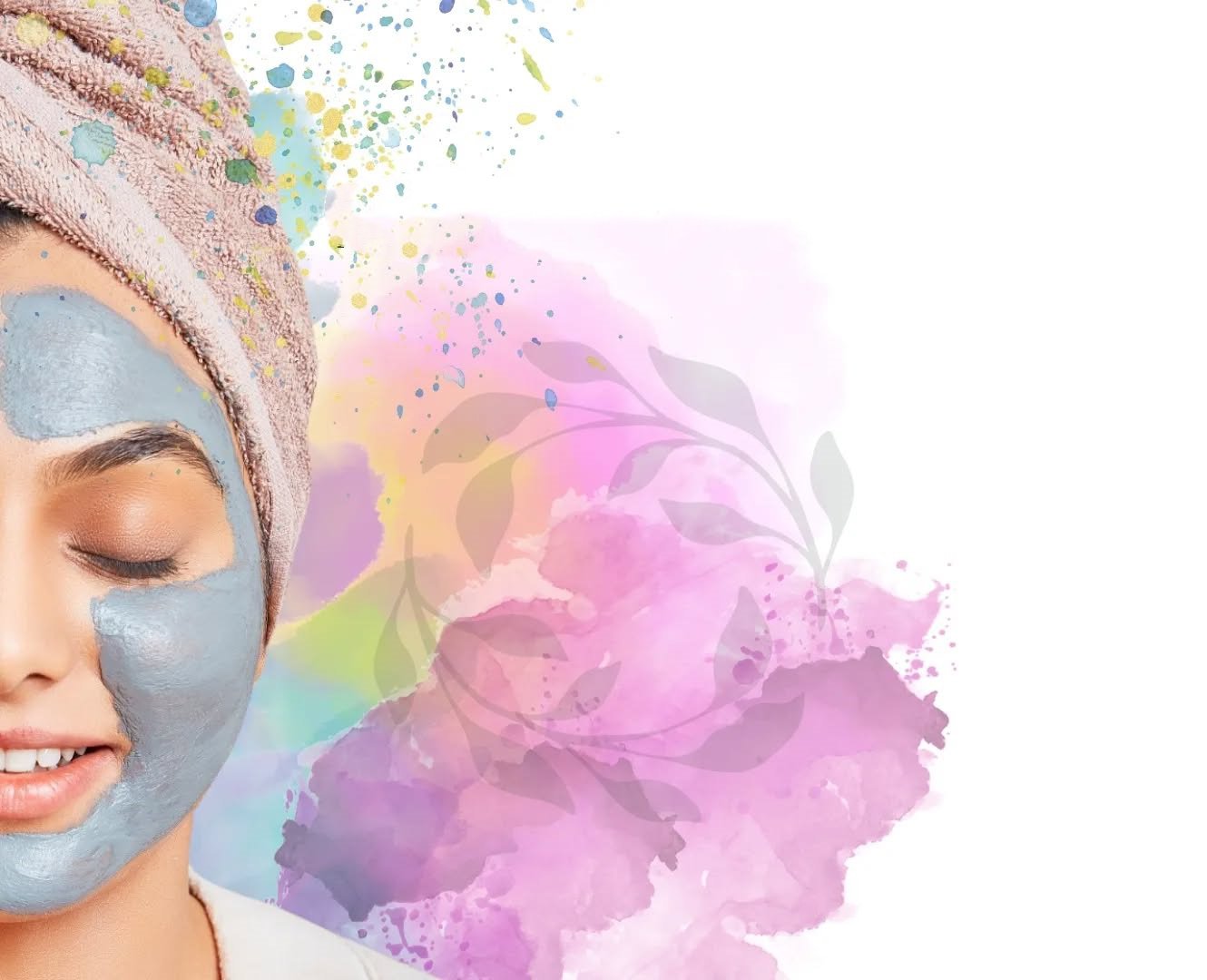
Chemical Peels vs. DIY Masks: What Works Best for Pre-Holi Skin Prep?

04
Mar
Chemical Peels vs. DIY Masks: What Works Best for Pre-Holi Skin Prep?
Holi is around the corner, and while we all love the vibrancy, joy, and colors of this festival, our skin might not share the same excitement. The synthetic dyes, prolonged sun exposure, and harsh chemicals in some Holi colors can wreak havoc on your skin, leaving it dry, irritated, and prone to breakouts.
Prepping your skin before Holi is crucial to create a protective barrier and minimize post-Holi damage. The big question is: should you opt for professional chemical peels at an aesthetic clinic or rely on DIY masks at home? Let’s uncover the truth.
The Science Behind Pre-Holi Skin Prep
Your skin is constantly exposed to pollutants, dirt, and dead skin cell buildup, which weakens its natural defenses. Chemical peels and DIY masks both claim to exfoliate and rejuvenate the skin, but do they work the same way?
Exfoliation before Holi ensures that your skin is smooth, well-hydrated, and capable of withstanding the damage caused by colors and sun exposure. However, the method of exfoliation you choose can significantly impact how well your skin holds up.
Chemical Peels: The Professional Edge
Chemical peels involve the application of safe, controlled acids (such as glycolic, lactic, or salicylic acid) to remove dead skin layers, unclog pores, and enhance cell turnover. They are performed by trained professionals and customized based on skin type and concerns.
Benefits of Chemical Peels for Pre-Holi Skin Prep
Deep Exfoliation & Skin Renewal
Unlike DIY masks, chemical peels penetrate deeper into the skin, removing dirt and dead cells more effectively.
This creates a smooth and even skin surface, making it harder for Holi colors to seep into the skin’s layers.
Stronger Skin Barrier
A mild peel a week before Holi strengthens the skin’s outer layer, reducing the chances of irritation from colors and sun exposure.
Brightened & Hydrated Skin
Peels help in removing dull, tired skin and promoting a fresh, radiant complexion, ensuring you glow in your Holi pictures.
Prevents Breakouts & Clogged Pores
Holi colors and excessive oil can clog pores, leading to breakouts. Chemical peels deeply cleanse and purify pores, preventing post-Holi acne.
Customized to Your Skin’s Needs
A dermatologist or aesthetician assesses your skin type and selects a peel that best suits your skin, unlike DIY masks, which are one-size-fits-all.
Are There Any Downsides?
Chemical peels should be done at least 5-7 days before Holi to allow healing time.
Slight peeling or redness might occur but subsides quickly with proper aftercare.
Requires professional application to ensure safety and best results.
DIY Face Masks: Do They Hold Up?
DIY masks have been a go-to solution for skincare for centuries. Ingredients like yogurt, honey, turmeric, and gram flour are often used to brighten and hydrate skin.
Benefits of DIY Masks
Easily available & cost-effective – Most ingredients are found in the kitchen.
Gentle on the skin – If chosen correctly, DIY masks can nourish and hydrate without side effects.
Some level of hydration – Masks with honey, aloe vera, or yogurt can provide temporary moisture.
Why DIY Masks Fall Short
Surface-Level Results
DIY masks only work on the outermost layer of the skin and don’t provide deep exfoliation like chemical peels.
They cannot unclog pores or provide the professional-grade rejuvenation needed before Holi.
Ineffective for Stubborn Skin Concerns
If you have pigmentation, uneven skin tone, or acne scars, DIY masks won’t significantly improve your skin texture before Holi.
Risk of Skin Reactions
Natural doesn’t always mean safe! Lemon, baking soda, and raw turmeric can cause skin irritation, dryness, or sensitivity to sunlight if used incorrectly.
Short-Lived Effects
Unlike chemical peels, DIY masks offer only temporary brightness, which fades in a few hours.
The Verdict: Which One Works Best?
If you’re looking for deep exfoliation, strengthened skin barrier, and long-lasting results, chemical peels are the clear winner. They provide pre-Holi skin protection, prevent post-Holi breakouts, and ensure your skin glows throughout the festival.
DIY masks, while gentle and hydrating, lack the strength to protect your skin from Holi damage. They can be a supplementary step but shouldn’t be your primary skin prep.
How to Book Your Pre-Holi Chemical Peel?
To ensure your skin is festival-ready, book a professional consultation with our aesthetic experts today. We customize treatments based on your skin type, so you can enjoy Holi without worrying about skin damage.
Limited slots available before Holi! Call us now or book online to give your skin the protection it deserves. Let’s celebrate Holi with confidence and a healthy glow!
FAQs
Yes, but it depends on your skin type and sensitivity. Mild peels like lactic acid or mandelic acid are safe for most, but deep peels should be avoided right before Holi, as they can make your skin more sensitive. A dermatologist can guide you on the right type for your skin.
DIY masks provide hydration and mild exfoliation, but they don’t deeply cleanse or strengthen the skin barrier like professional treatments. Using a protective layer like moisturizer, sunscreen, or a barrier cream is more effective in preventing Holi colors from staining or irritating the skin.
If done too close to Holi, yes! Chemical peels remove dead skin cells, revealing fresh skin, which can be more vulnerable to irritation. That’s why it’s best to get a mild peel at least 7-10 days before Holi for best results without excessive sensitivity.
DIY masks can soothe the skin temporarily, but if you experience breakouts, irritation, or uneven skin tone after Holi, professional treatments like hydrating facials or chemical peels can help repair damage more effectively and quickly.



